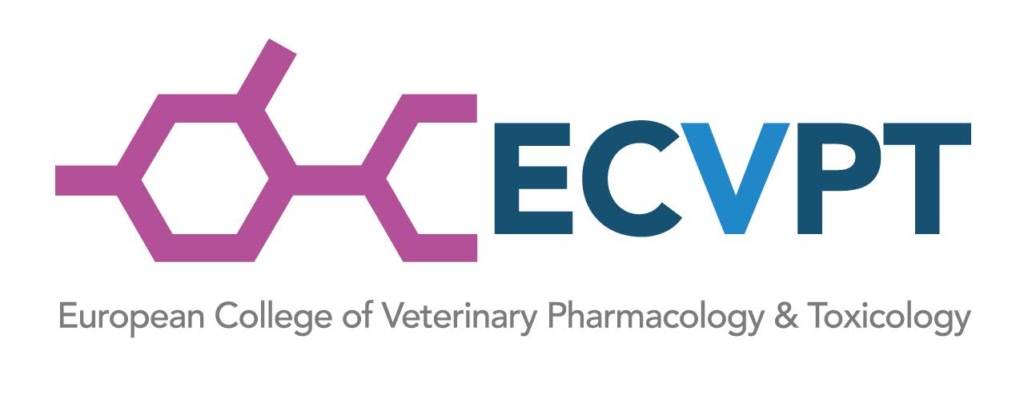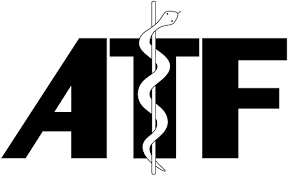
Save the date:
ECVPT Cardiorenal Therapeutics Symposium for practitioners
2nd July 2023, Bruges Meeting and Convention
Centre (BMCC), Bruges, Belgium
Decision making in the pharmacological management of cardiac and renal diseases in dogs and cats requires multiple factors to be taken into account to achieve the desired therapeutic outcome. Eight international experts will present the most recent evidence on which these decisions can be made and is tailored to general practitioners with a keen interest in cardiovascular and renal therapeutics.
Evidence-based and practically orientated reviews will provide practitioners with the most up-to-date evidence on which therapeutic decision making can be based, and will be supported by a series of interactive case presentations to illustrate the decision-making process that can directly be implemented in clinical practice.
In addition, the symposium is forward-looking predicting the use of two new groups of therapeutic agents (SGLT2-inhibitors and HIF prolyl hydroxylase inhibitors) in veterinary medicine. The SGLT2 inhibitors appear to have beneficial effects in both cardiac and renal patients and the HIF prolyl hydroxylase inhibitors are a novel approach to the management of anaemia associated with chronic kidney disease.
This symposium is a must for general and specialist practitioners wanting to keep up-to-date with cardiovascular and renal therapeutics enabling them to make evidence-based therapeutic decisions to enhance the management of their cardiac and renal patients. It will also be of interest to those in academia teaching students cardiorenal therapeutics.
Pre-congress practitioners’ day organised in collaboration with EAVPT2023
The symposium is accredited as approved continuing education for veterinarians in Belgium and Germany. It has been approved in Belgium by the “Nederlandstalige Gewestelijke raad der Orde der Dierenartsen” (NGROD) and in Germany by the “Akademie für tierärztliche Fortbildung” (Academy for Veterinary Continuing Education) (ATF) of the “Bundestierärztekammer” (Federal Chamber of Veterinary Surgeons).
The symposium is accredited for veterinarians in the Netherlands. It has been approved by PE-veterinair (5 CE credits).
| Meet the speakers: | |
|---|---|
 |
Dr. Jenny Wilshaw Dr Jenny Wilshaw is a data scientist at the Royal Veterinary College (RVC). For her PhD she developed a clinical predictive model to help primary care vets identify which dogs with preclinical myxomatous mitral valve disease (MMVD) would benefit from treatment (The HAMLET Study). She now mainly works with data from the RVC’s hospitals and the large VetCompass resource of electronic healthcare records with a focus on applied solutions. Jenny will discuss the results of her studies which have been published recently in the Journal of Veterinary Internal Medicine and determine how to identify dogs in stage B2 MMVD that will benefit from treatment. |
 |
Professor Adrian Boswood Professor Adrian Boswood graduated from Cambridge University Veterinary School in 1989. After graduation he spent a year in mixed practice. In 1990 he joined the Royal Veterinary College, University of London as an intern and he has worked there ever since. He is currently Professor of Veterinary Cardiology and holds the position of Vice Principal for Learning, Teaching and Assessment. He obtained the RCVS Diploma in Veterinary Cardiology in 1996 and the ECVIM Cardiology Diploma in 2001. He is past President of the European College of Veterinary Internal Medicine. His main research interests lie in the diagnosis, progression and treatment of acquired canine cardiovascular diseases. He has a particular interest in myxomatous mitral valve disease and has been involved in a number of influential clinical trials. Adrian was the lead author of the EPIC study which demonstrated the remarkable beneficial effects of pimobendan in stage B2 MMVD. In his talk he will discuss the possible ways in which pimodendan benefits canine patients in this stage of this common cardiac disease. |
 |
Professor Pascale Smets Professor Pascale Smets received her master’s degree in Veterinary Medicine in 2006 at the University of Ghent. After successfully obtaining her PhD degree in internal medicine in 2011, she started an alternative residency program at the European College of Veterinary Internal Medicine (ECVIM-ca), subspecialty cardiology. In 2015 she became an ECVIM-ca diplomate in cardiology and returned to Ghent University. In 2017 she was appointed a tenure track professorship with main focus on research, teaching and clinical work in the Small Animal Department. Pascale will discuss the knotty problem of how to treat congestive heart failure in the patient with concomitant kidney disease, an issue that is frequently faced by general practitioners. |
 |
Professor Harriet Syme Professor Harriet Syme graduated from and now works at the Royal Veterinary College, London having done an internship and residency in small animal internal medicine at Purdue University in the USA. Her clinical and research interests are in nephrology/urology, hypertension and endocrinology. She is also involved in providing pastoral support for students and in training residents. She is a current member of the International Renal Interest Society chairing their awards committee. Hattie will discuss the new class of drugs, SGLT2 inhibitors which have shown great promise in human medicine in both diabetic and heart failure patients. Hattie will discuss their potential applications to veterinary patients. |
 |
Dr. Astrid van Dongen Dr Astrid von Dongen graduated as a veterinarian from Utrecht University, worked in several first opinion clinics for a number years and then returned to university to complete an internship and residency internal medicine of companion animals. She has since focused most of her working life on renal disease in dogs and cats by way of patient care, international collaboration and education. Until last year she was an active member of the International Renal Interest and is a previous President of IRIS. Astrid will discuss the way in which the most appropriate treatments should be selected for dogs with different type of glomerular disease. |
 |
Professor Dominique Paepe Professor Dominique Paepe graduated as veterinarian at Ghent University in 2003, became Diplomate ECVIM-CA internal medicine in 2009 and obtained a PhD degree in Veterinary Sciences in 2014. She is full-time appointed as Professor in internal medicine at Ghent University, combining teaching activities, research and clinical work. Her main research focus can be found within the field of small animal nephrology for which was rewarded with the “IRIS Award” in 2016. Dominique will discuss the management of hypertension in cats where both the renal and cardiovascular consequences of this condition need to be considered. |
 |
Dr. Sarah Spencer Dr Sarah Spencer graduated from the University of Bristol in 2012. She returned there to complete an internal medicine residency and became a Diplomate of the European College of Veterinary Internal Medicine in 2018. Sarah is currently studying for a PhD at the Royal Veterinary College, investigating the role of the mineralocorticoid receptor in feline chronic kidney disease and hypertension. Sarah will discuss the case for using mineralocorticoid receptor antagonists in the management of feline hypertension. |
 |
Professor Jonathan Elliott Professor Jonathan Elliott is currently Professor in Veterinary Clinical Pharmacology at the Royal Veterinary College. A Cambridge Veterinary Graduate, his PhD was in vascular biology at the Department of Pharmacology in Cambridge and post-graduate clinical training was undertaken at the University of Pennsylvania. He joined the RVC in 1990 as a lecturer in Veterinary Pharmacology and developed research interests in feline kidney disease and hypertension and equine laminitis. He is currently an IRIS Board member having served as President of IRIS. Jonathan will discuss a new group of drugs, the HIF prolyl hydroxylase inhibitors and their use to manage anaemia associated with chronic kidney disease in veterinary species. |
Registration details
Because of the generous sponsorship of Ceva, IDEXX Laboratories and Elanco Animal Health, the registration fee is € 120,00 for practitioners and € 60,00 for
those currently undertaking post-graduate training (internship, residency or PhD training).
The symposium is accredited as approved continuing education for veterinarians in Belgium and Germany. It has been approved in Belgium by the “Nederlandstalige Gewestelijke raad der Orde der Dierenartsen” (NGROD) and in Germany by the “Akademie für tierärztliche Fortbildung” (Academy for Veterinary Continuing Education) (ATF) of the “Bundestierärztekammer” (Federal Chamber of Veterinary Surgeons).
The symposium is accredited for veterinarians in the Netherlands. It has been approved by PE-veterinair (5 CE credits).



